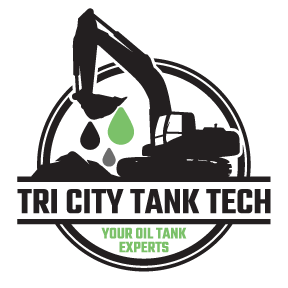Learn what to look for once your oil tank is removed.
There are some extreme cases where a couple indications may suggest that contamination may be present on your property before removing your oil tank. Once a tank is removed, there are a few indicators your soil may have issues. Visually, the first thing you may notice is blue soil around the nest of the excavation from which the tank was extracted. According to the definition adopted by the government of Canada, a contaminated site is “one at which substances occur at concentrations above background (normally occurring) levels and pose or are likely to pose an immediate or long term hazard to human health or the environment, or exceeding levels specified in policies and regulations.”
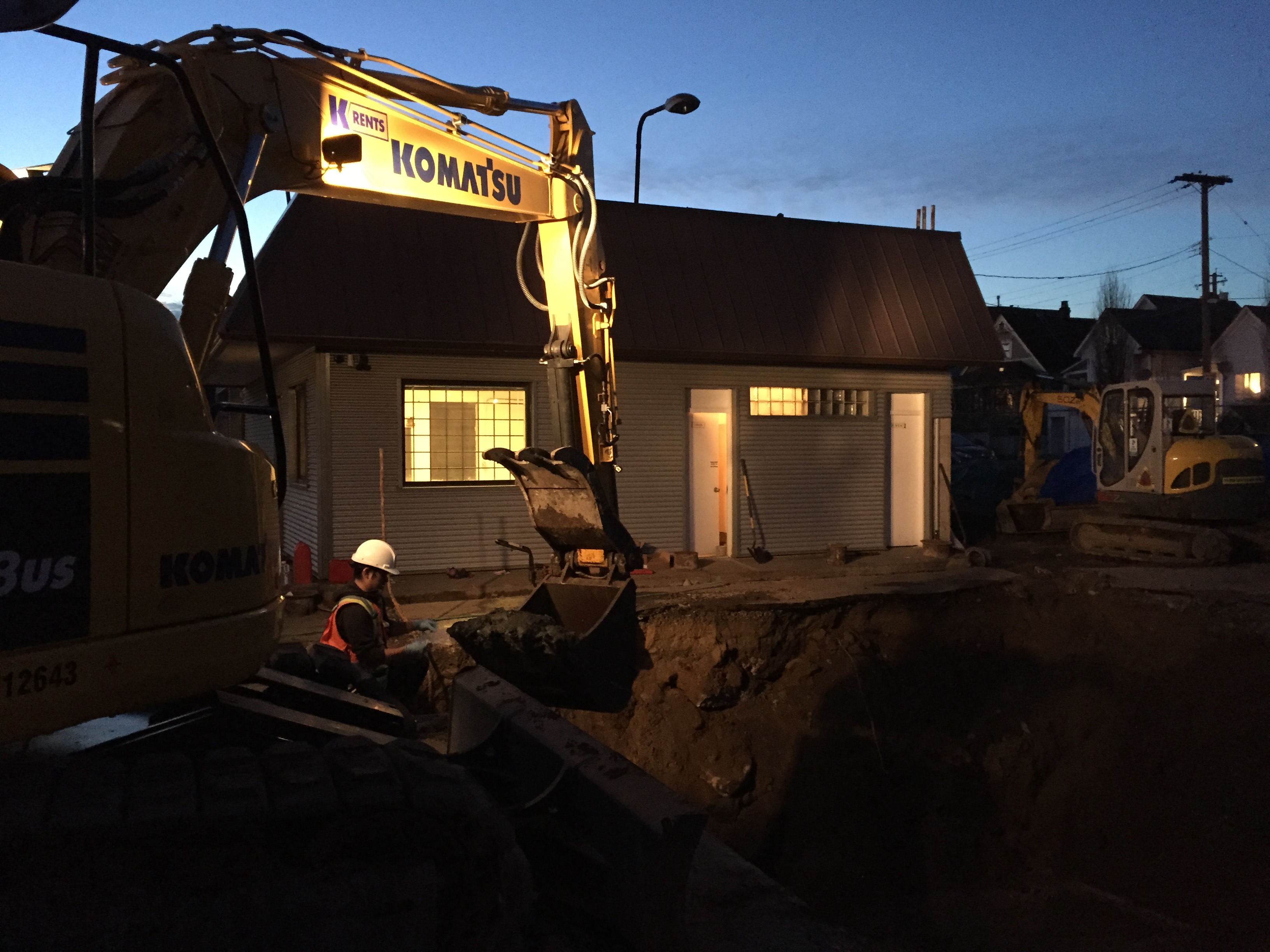
Soil Testing
Dependent on what city your located in currently most cities require environmental consultants to sample suspect contaminated soils.
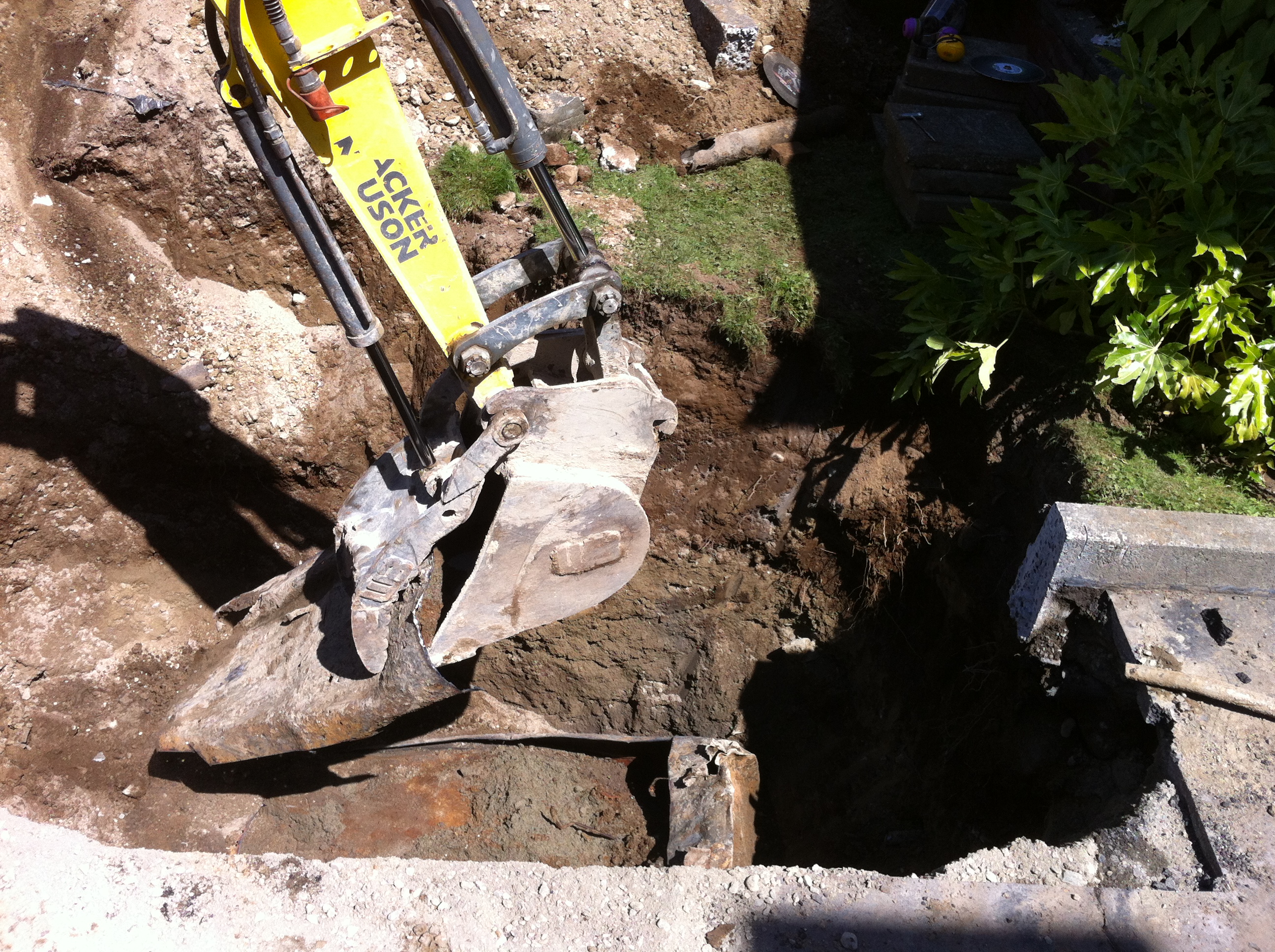
Contamination
When involving storage tanks, contamination can be described as the introduction and/or presence of an undesired foreign substance into the environment.
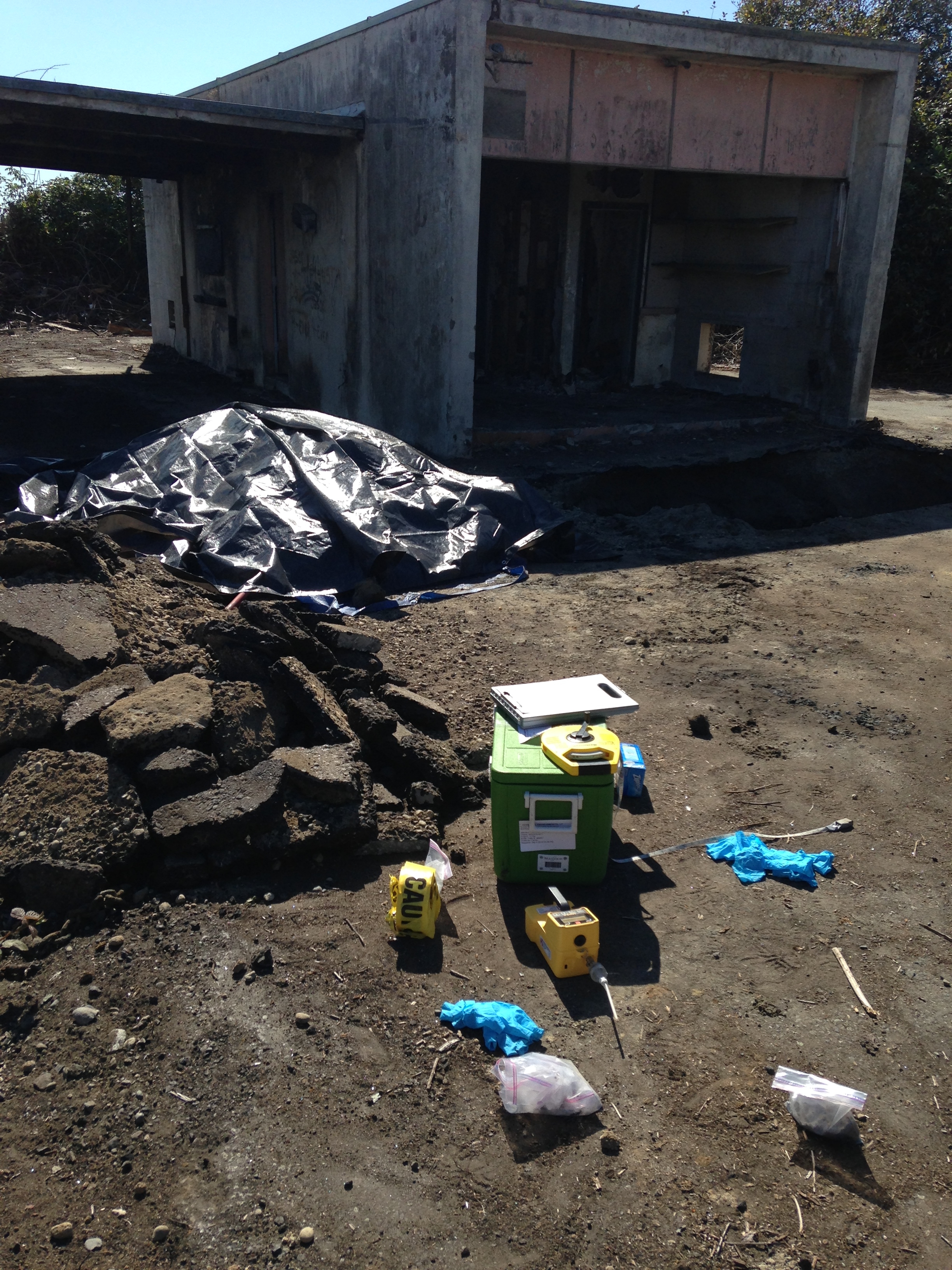
What to Look For?
There are 2 characteristics of contamination that may or may not be present when removing an oil tank; however, the only conclusive way to make an assessment would be to submit the samples to a laboratory and test them for the appropriate suspect contaminates.
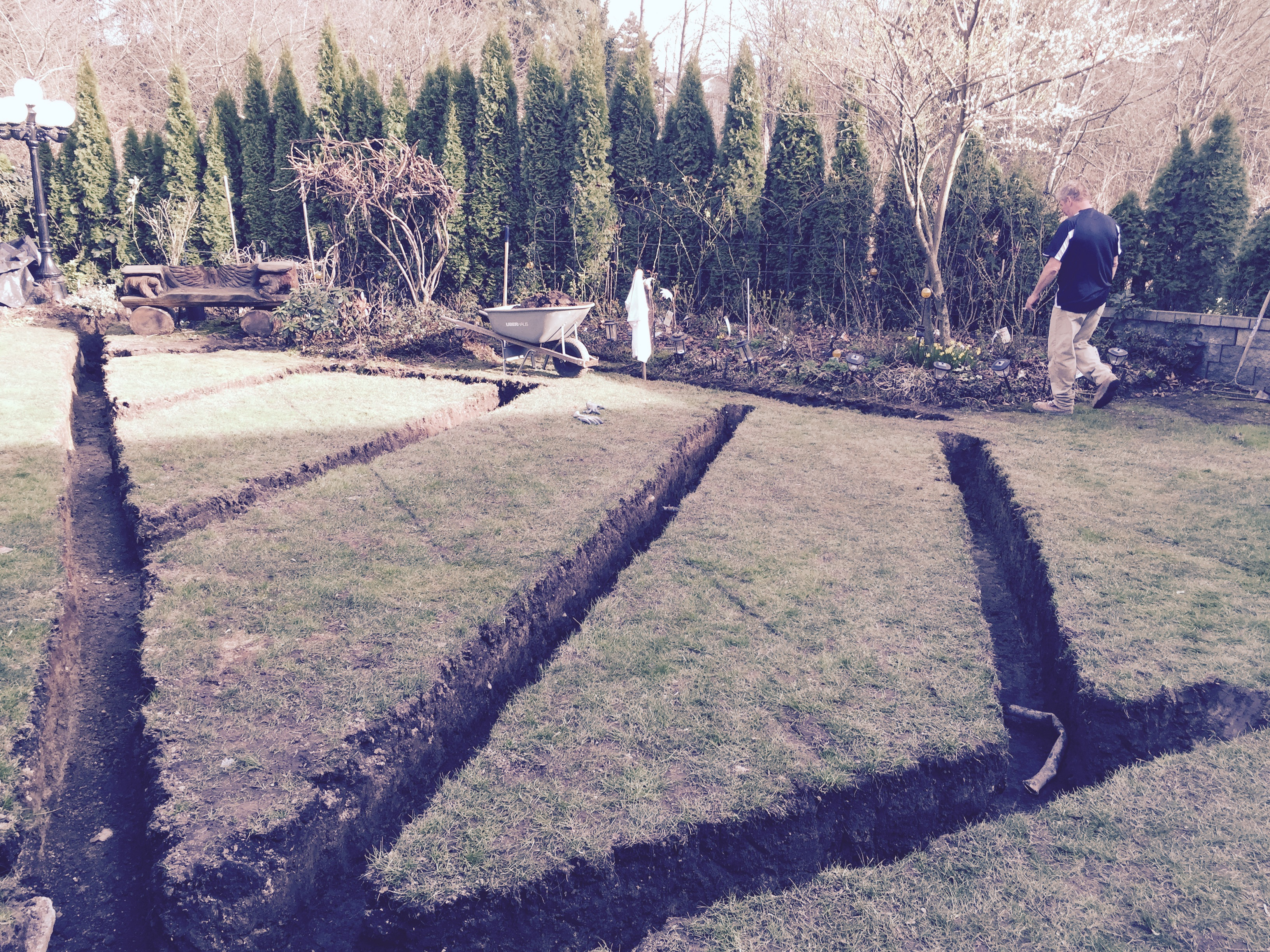
How do Different Soils React to Fuel Oil?
Various soil types react differently to the introduction of oil, but oil always takes the path of least resistance.

Environmental Consultants
Before starting our project, we will inform you if your city requires an environmental consultant from the initial phase.
